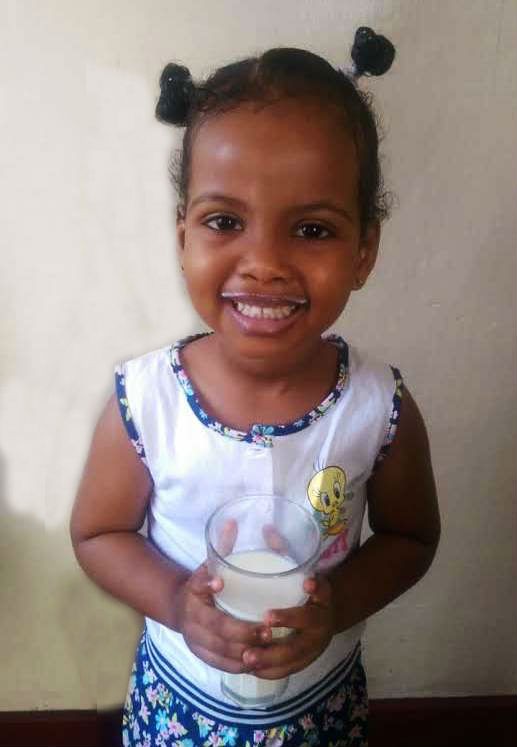Speeches Shim

September 2018 — Fresh milk. Somalis have got it, although most of the population drinks imported powdered milk since local production cannot meet the high demand for safe, fresh milk. By the time it is squeezed from the cow, collected, and transported to processing plants and stores, most Somali milk is already spoiled.
The poor state of roads, inadequate cold storage facilities, irregular power supply, improper milk handling, and technological limitations all prevent the milk from ever reaching the consumer after its long journey from the farmer to the market.
Somalis have an incredible appetite for milk. In 2014, milk production earned about $3.3 billion ($2.7 billion from camel milk) in profits from local sales. Despite this record production, none was exported.
In 2017, the country’s milk industry collapsed when a devastating drought killed an estimated 6.4 million cows, camels and goats. Milk production plummeted to only 25 percent of the previous year. As a result, people turned to imported powdered milk.
USAID’s Growth, Enterprise, Employment and Livelihoods activity is helping Somalia revive its dairy industry. With marketing assistance, training on equipment repair and maintenance, the introduction of solar power, and increased investments in cold storage facilities, many processing plants are again meeting the insatiable local demand for milk.
“Electricity in Somalia is three times the cost of most countries. It was not until I started to use solar power refrigeration that I could make a profit and deliver fresh, cold milk to my customers,” says Shukri Ali, the director of Irmaan Dairy and one of the many pioneering women business leaders in the country that the project supports.
To date, 160 dairy and fodder farmers and five dairy processing plants in Somalia have received USAID assistance to apply new technologies and improved practices. This support has created nearly 500 permanent jobs and over 650 seasonal jobs along the dairy value chain.
In 2017, Irmaan was forced to close down due to malfunctioning machinery. With USAID’s help, the plant was able to reopen in April 2018 and now boasts of being the only high-tech milk plant in Mogadishu, producing over 3,500 liters of milk daily. In the last year, Irmaan increased milk production by 75 percent and has recently started producing cheese, cream, ghee and yogurt.
“Our greatest achievement is the formation of a cooperative that shares experiences, gathers ideas, and helps to build a strong foundation for a sustainable dairy sector,” says Ali. “This is increasing consumer trust in local products and is playing a significant role in spurring development and creating jobs.”
Throughout Somalia and Somaliland, the USAID project is improving production, employment and incomes for businesses and people working in many sectors, from agriculture to fisheries. In the past two years, over 3,500 small companies have received technical assistance to improve business management practices, productivity, efficiency and access to finance.
These interventions ensure that businesses can grow and prosper, helping Somalia advance on its journey to self-reliance.
LINKS
Follow @USAIDSomalia, on Facebook, on YouTube

Comment
Make a general inquiry or suggest an improvement.